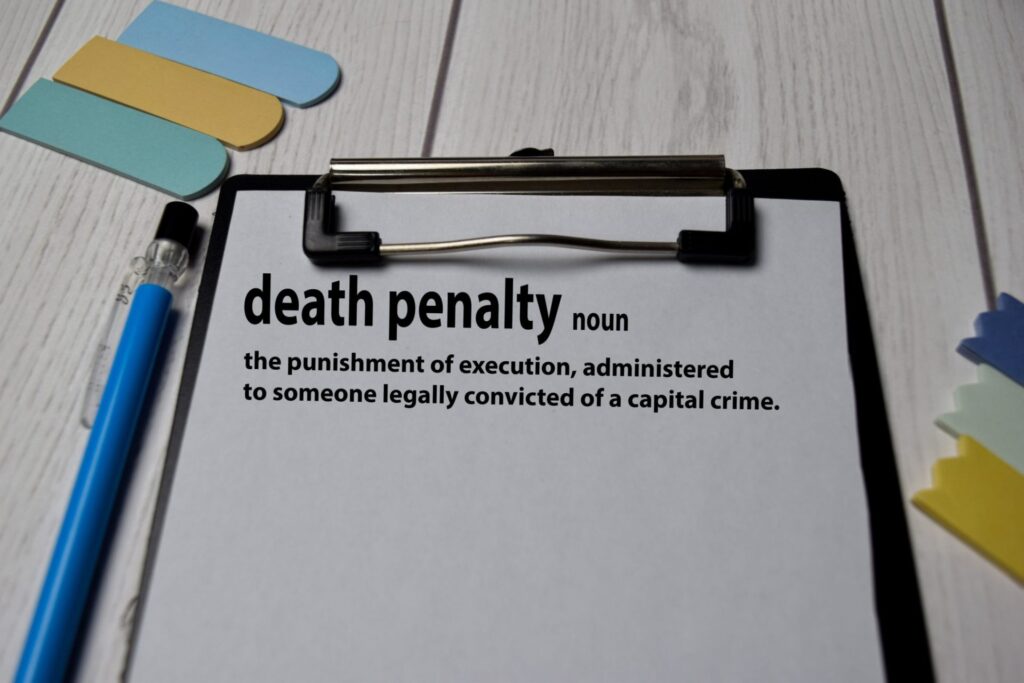The Supreme Court of the United States is a very unique court in our country. Unlike the other courts, the Supreme Court only has certiorari jurisdiction, meaning that it gets to decide if it wants to hear a case, or not. They rarely do, with under 5% of appeals to the Supreme Court being accepted. That means that the Supreme Court refuses to hear over 95% of the appeals made to it.
Despite the fact that so few cases make it to the justices, the upcoming term on the Court has not just one, but two cases dealing with how trigger-happy Texas is, when it comes to the death penalty. Each of these cases can have far-reaching impact on how the death penalty is handled in the U.S.
Moore v. Texas – How to Measure Intellectual Disability
Bobby Moore was involved in a robbery in 1980, during which he admitted to shooting and killing a grocery store clerk with a shotgun. At trial, Moore had been sentenced to death for his role. However, his IQ scores ranged from the high 50s to the high 70s.
In the past, the Supreme Court has deemed it an unconstitutionally cruel and unusual punishment to execute someone with an IQ under 70. However, the Court had left it up to the states to figure out how to make this determination. Because Moore’s IQ scores straddled the line, Texas courts looked to the definition of intellectual disability used by the ninth edition of the American Association on Mental Retardation (AAMR) manual. This particular edition, however, was published in 1992. Importantly, the specific definition of intellectual disability that the courts in Texas use from the manual has changed dramatically, but this newer definition was prohibited from use.
The Supreme Court is hearing the case to determine if prohibiting current medical standards was permissible.
Buck v. Stephens – Racial Discrimination During Sentencing
Duane Buck, a black man, was convicted of capital murder for the 1995 killing of his girlfriend and one of her friends. In determining whether Buck should be given a life sentence or be sentenced to death, one of the factors was whether he would be dangerous in the future. One of Buck’s own expert witnesses stated that men were more likely than women to be dangerous in the future, and blacks were more likely to be dangerous than other races. The Texas Attorney General later admitted that these statements should not have been made, because they could improperly influence the jurors, but Buck’s appeals were refused for procedural reasons.
Now, the Supreme Court will decide whether Buck’s appeals should be able to continue, so he can challenge the racial undertones of his sentencing.
Criminal Defense Attorney William T. Bly
The state of Texas is lined up to receive a beating by the Supreme Court in the next few months, and the ramifications can impact people who have been charged with or convicted of a crime here in Maine, as well. Criminal defense attorney William T. Bly keeps up to date on all of the developments that can help him fight for his clients’ interests in court. Contact his law office online, or at (207) 571-8146.
